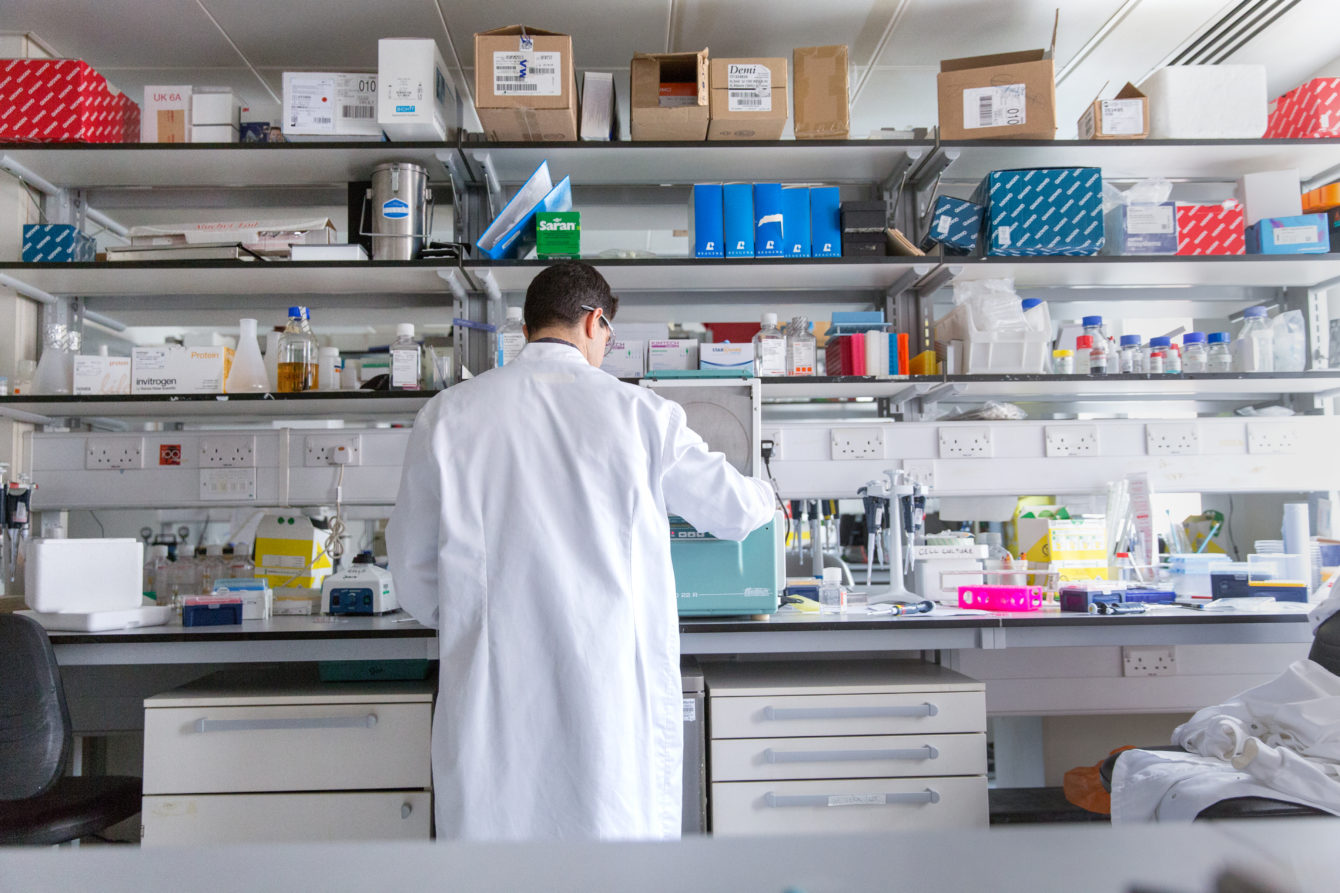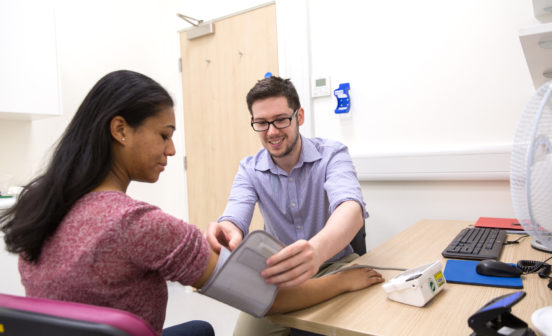DiagnosticTherapeutic Interaction of faulty gene with alcohol may accelerate heart failure

The TTN gene provides instructions for making a very large protein called titin. Titin is crucial for maintaining the elasticity of the heart muscle, but a faulty mutation of the titin protein gene affects approximately 1% of the population.
These faulty versions are linked to a type of heart failure called dilated cardiomyopathy, which is a condition where the heart’s ability to pump blood is decreased because the heart’s main pumping chamber, the left ventricle, is enlarged and weakened.
Researchers from Imperial College London, the Royal Brompton Hospital, and the MRC London Institute of Medical Sciences, supported by the NIHR Imperial BRC, have investigated faulty versions of the titin protein gene and demonstrated that the faulty gene may interact with alcohol to accelerate heart failure in some patients, even if they only drink moderate amounts of alcohol.
“Our research strongly suggests alcohol and genetics are interacting – and genetic predisposition and alcohol consumption can act together to lead to heart failure. At the moment this condition is assumed to be simply due to too much alcohol. But this research suggests these patients should also be checked for a genetic cause – by asking about a family history and considering testing for a faulty titin gene, as well as other genes linked to heart failure,” said Dr James Ware, study author from the National Heart and Lung Institute at Imperial College London.
Further research is underway to investigate how alcohol may affect people who carry the faulty titin gene, but do not have heart problems. To read the full story, please click here.





